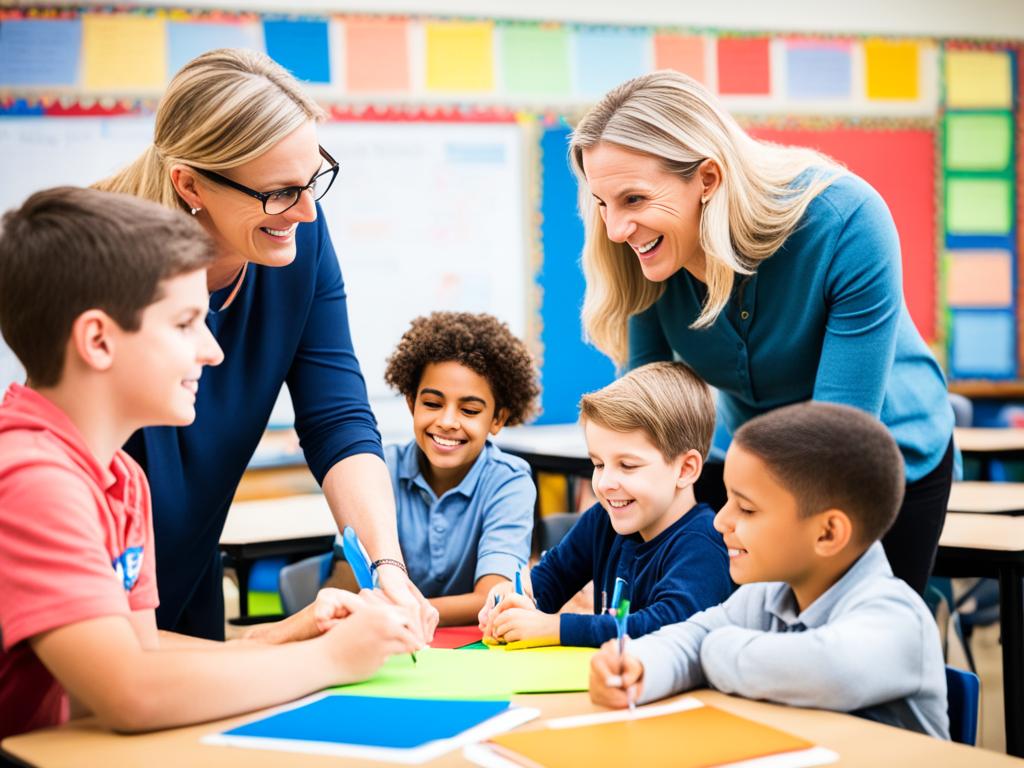
Educational Psychology for Enhancing Learning & Teaching
Educational psychology provides insights and strategies to enhance learning and teaching. It helps teachers understand how students’ minds, emotions, and social interactions impact learning, allowing for more engaging and effective lessons. This article looks into the basics and real-world uses of educational psychology, covering key theories, research-backed methods, and innovative approaches to assist teachers. These methods help teachers get students more involved, improve their thinking skills, and meet the needs of all learners.
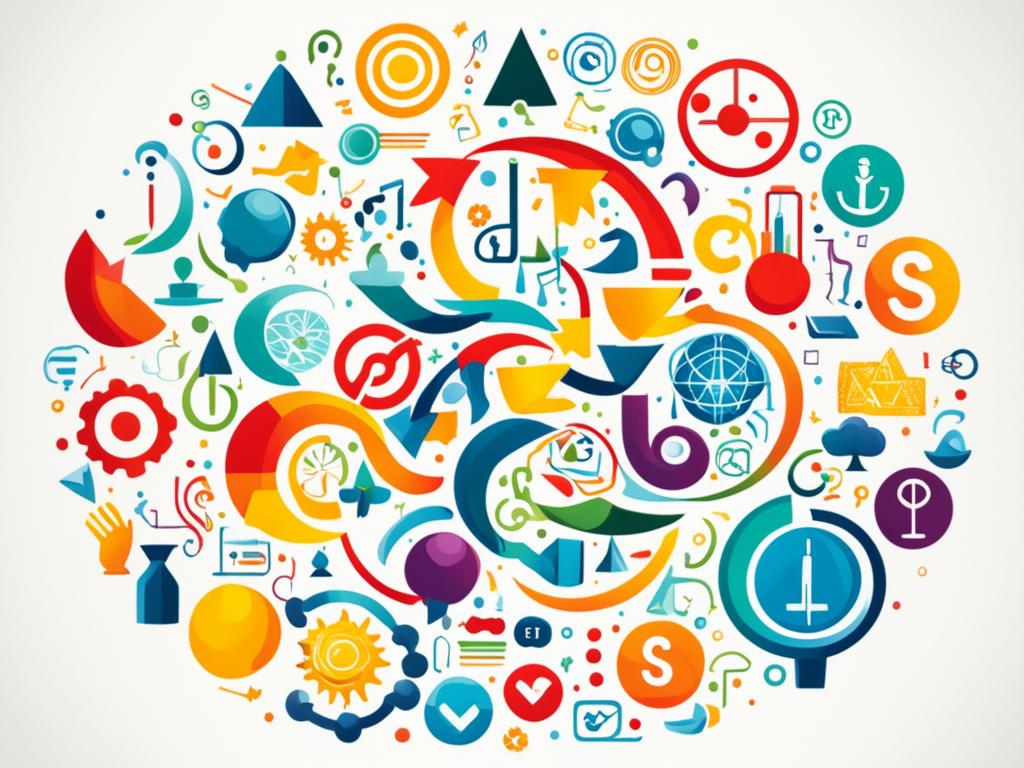
It covers how people learn and what motivates them, as well as how to manage classrooms and teach different students. This guide gives you the knowledge and tools to better your teaching and improve student success.
What is Educational Psychology?
Educational psychology studies how people learn and what affects learning. It looks into cognitive growth, individual differences, and teaching methods. This helps teachers and schools make students learn better and do well.
Understanding the Field
Educational psychologists study the psychological ideas and theories that make teaching and learning work well. They look into how kids and teens grow in their thinking, social skills, and feelings. These things affect how well they can learn.
Importance in the Classroom
Teachers use educational psychology to make learning better and more fun. They use differentiated instruction to meet the needs of all students. And they use classroom management techniques to keep the classroom positive and focused.
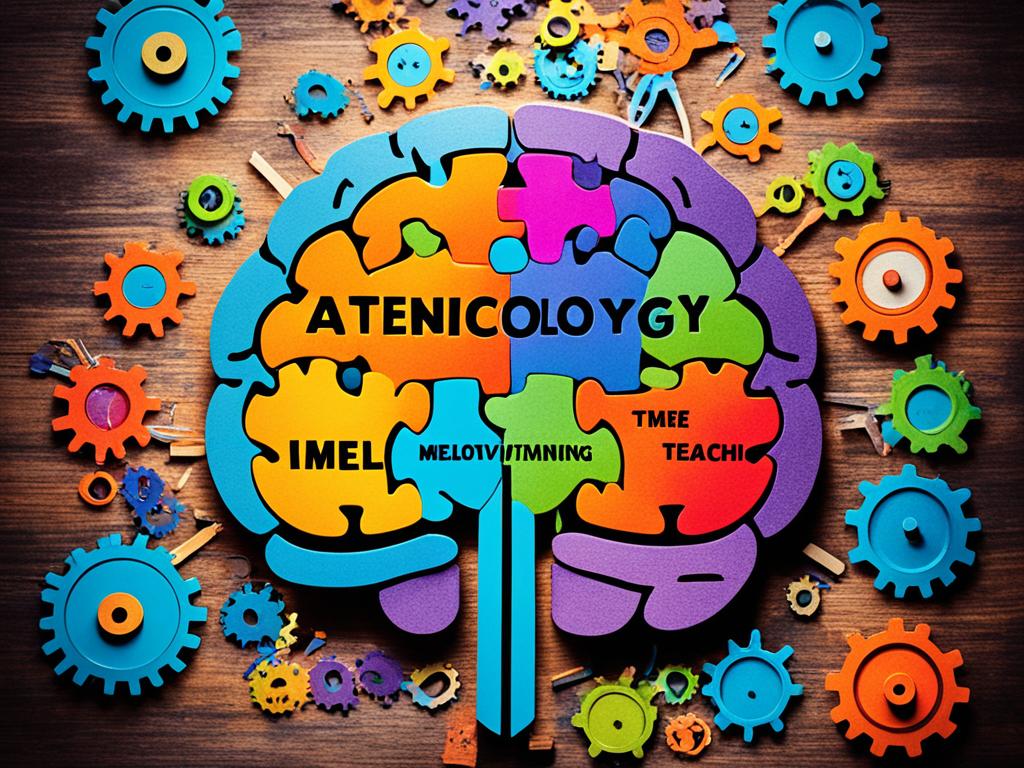
Educational psychology is key in connecting research with teaching. It helps teachers understand how students learn best. By using these ideas in teaching, teachers can help students reach their full potential and keep learning throughout their lives.
Theories and Principles of Educational Psychology
It is a wide field that looks at how to improve learning and teaching. It covers many theories and principles. These help us understand how people learn and get new skills.
Behaviorism is a key theory that looks at how the environment affects behavior. It says that rewards and conditioning play a big part in learning. On the other hand, cognitivism focuses on what goes on inside our minds. This includes things like paying attention, remembering things, and solving problems.
Constructivism is another important theory. It says that learners build their own knowledge from their past experiences and what they learn from others. This means students should be actively involved in learning, working together and doing things hands-on.
- Learning Theories: Behaviorism, Cognitivism, Constructivism
- Cognitive Processes: Attention, Memory, Problem-Solving
- Motivation in Education: Intrinsic and Extrinsic Factors
- Assessment and Evaluation: Formative and Summative Approaches
Educational psychology also looks at what motivates students and how they pay attention and remember things. Knowing what motivates students helps teachers make learning fun and effective. Also, how we assess students is key to seeing how they’re doing and improving teaching methods.
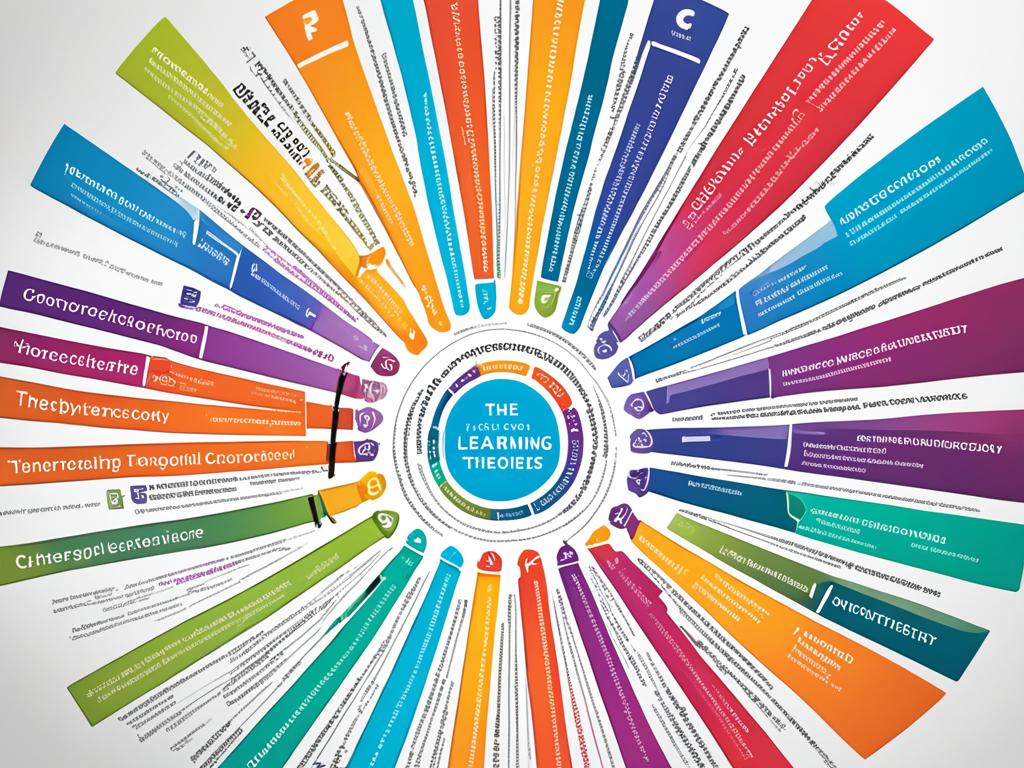
By using these theories and principles, teachers and educational psychologists can create better learning strategies. This helps with cognitive growth, better learning, and student success.
Applying Educational Psychology to Teaching Practices
We can use educational psychology to make our teaching better. This helps us create better learning experiences for our students. We can apply this in classroom management strategies and differentiated instruction techniques.
Classroom Management Strategies
Good classroom management is key for a positive learning space. Teachers can use psychology to understand what affects students’ behavior. This helps them set clear rules, keep students focused, and handle problems well.
Teachers might use positive rewards, set routines, and educational technology to help students learn better and stay on track.
Differentiated Instruction Techniques
With today’s diverse classrooms, differentiated instruction is vital. Teachers can use psychology to make their teaching fit the needs of all students. This means offering choices, helping students who need it, and using different teaching methods.
By using classroom management and differentiated instruction, teachers can make a space where students can succeed and grow. This improves teacher training and helps all students do their best.

Educational Psychology and Student Learning
It is key to improving how students learn. It looks into how students grow and learn in different ways. This knowledge helps students do better in school.
Cognitive Development and Learning Styles
Cognitive development is about how we learn to think and solve problems. Educational psychologists study how our minds work when we learn. They look at how we see, pay attention, remember, and make decisions.
This helps teachers know the best way to teach students. It makes learning easier and more effective.
Learning styles are also important. They show that everyone likes to learn in their own way. Some like pictures, others like hearing, and some like doing things hands-on. Teachers can use this to help students learn better.
Using educational psychology helps students with special needs too. Teachers can make lessons fit each student’s way of learning. This makes learning fun and helpful for everyone.
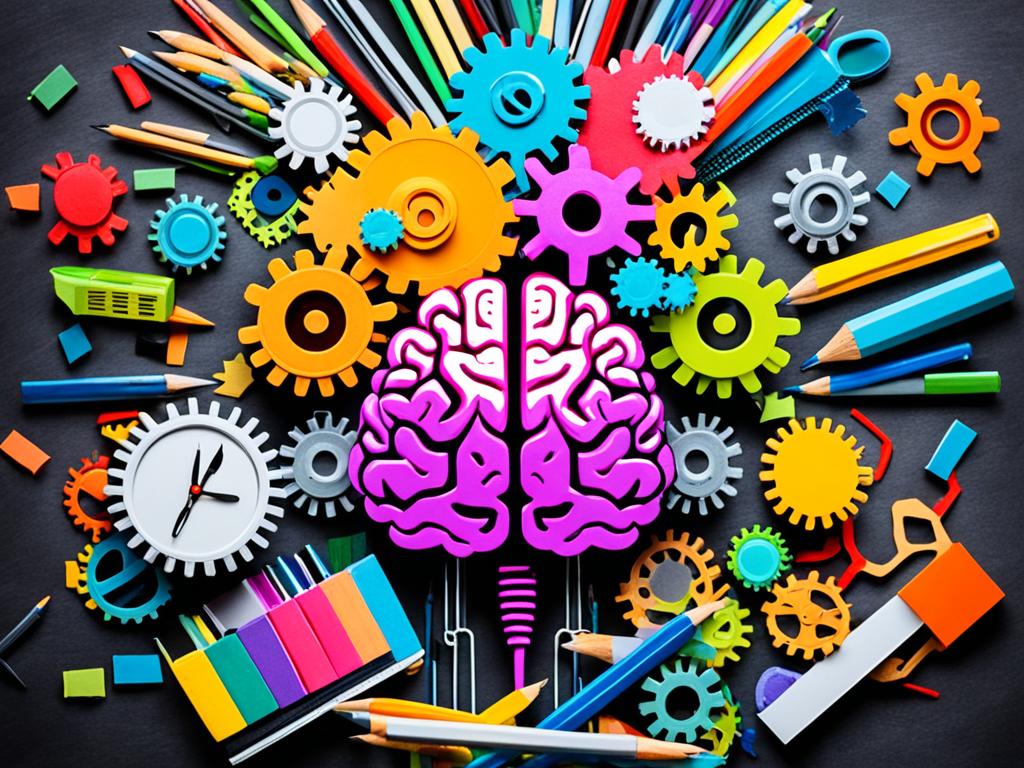
In short, educational psychology helps us understand how students learn and grow. It shows how teachers can make learning better. By knowing how students think and learn, teachers can help everyone succeed.
Conclusion
This article has shown how important educational psychology is in the classroom. It helps teachers make learning better and more fun. By using key theories and strategies, teachers can meet the needs of all students and help them grow.
We learned a lot about how to understand students and design better lessons. Teachers can now improve their teaching and use methods that work best for each student. This includes managing the classroom well and teaching in ways that fit each student’s learning style.
Going forward, using educational psychology will help students do better and reach their goals. By using what we learned here, teachers can make learning exciting and help students succeed in school, with friends, and in life.
FAQ
What is educational psychology and how does it relate to the classroom?
Educational psychology studies how people learn and what affects learning. It looks at cognitive growth, individual differences, and teaching methods. This helps teachers and schools make learning better. Educational psychologists use psychological theories to improve teaching and learning.
What are the key theories and principles of educational psychology?
Educational psychology is built on theories like behaviorism, cognitivism, and constructivism. These theories explain how students learn and the impact of motivation, attention, memory, and problem-solving. Knowing these theories helps teachers teach more effectively.
How can teachers apply educational psychology in the classroom?
Teachers can use educational psychology in many ways. For example, they can manage classrooms well to make learning positive. They can also teach differently to meet students’ needs and use technology to make learning fun. Plus, they can design tests that show how students are doing and help plan lessons.
How does educational psychology inform our understanding of student learning and development?
Educational psychology sheds light on how students think and grow. It shows how perception, attention, memory, and problem-solving affect learning. This knowledge helps teachers support students better, including those with special needs. It also helps create learning that fits each student’s way of learning.
What is the importance of educational psychology in teacher training and professional development?
Educational psychology is key for teacher training and growth. It gives teachers a strong base in learning theories and strategies. This helps them make learning fun and effective. Teachers also get to learn the latest research and best practices in the field.


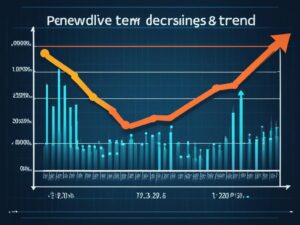
Great article, indeed educational psychology is very important in improving the every children’s educational status also how teachers would make learn fun and easy for every students and pupils.